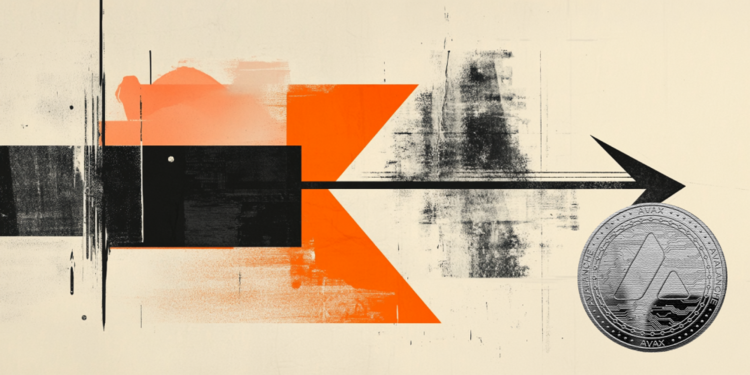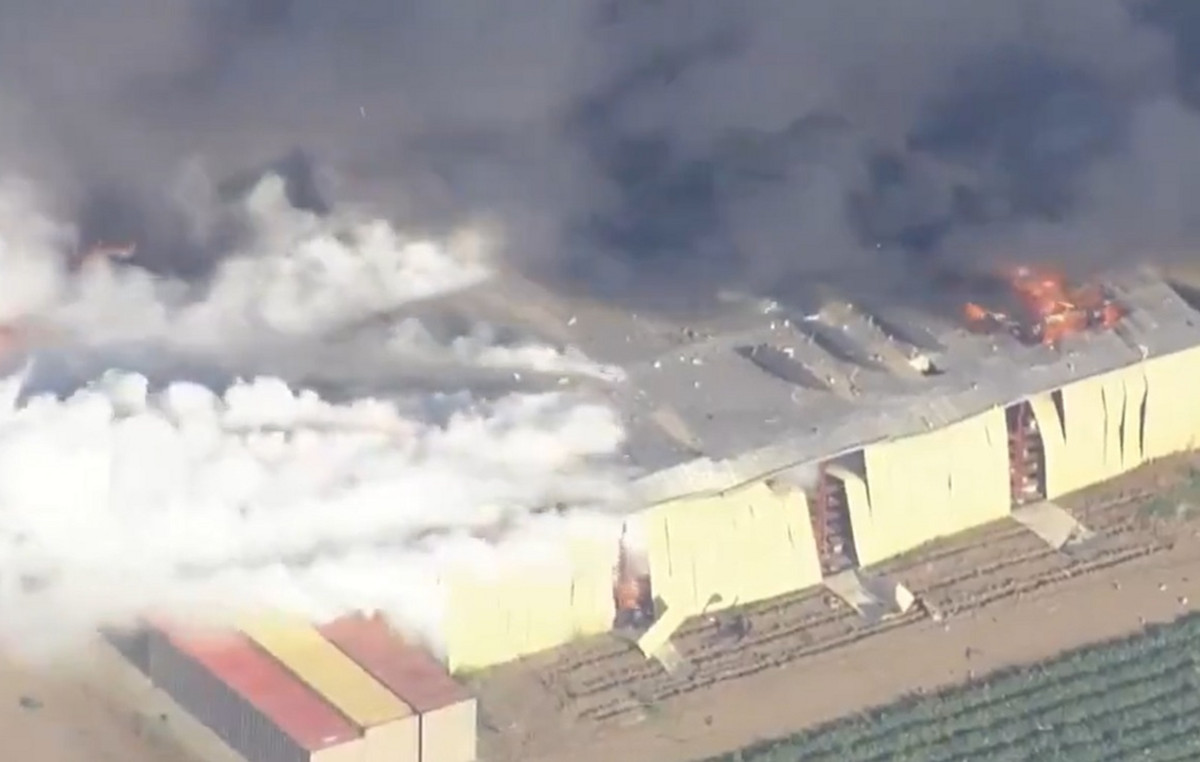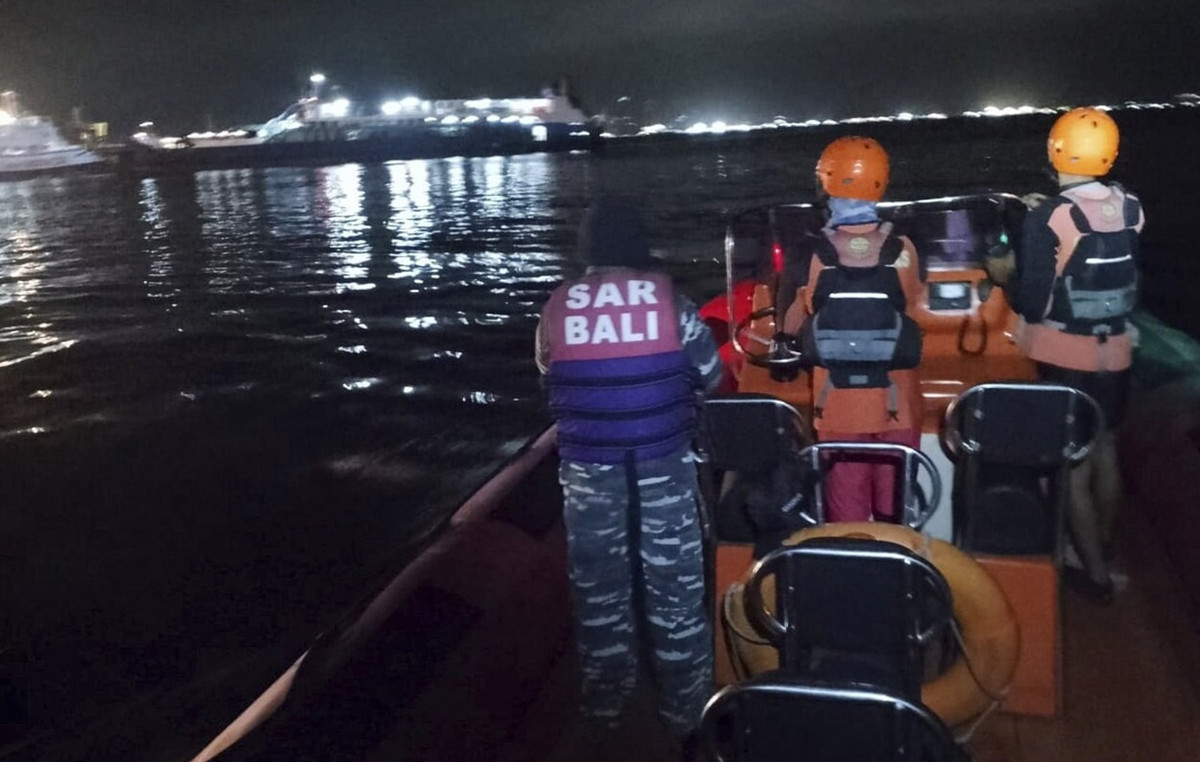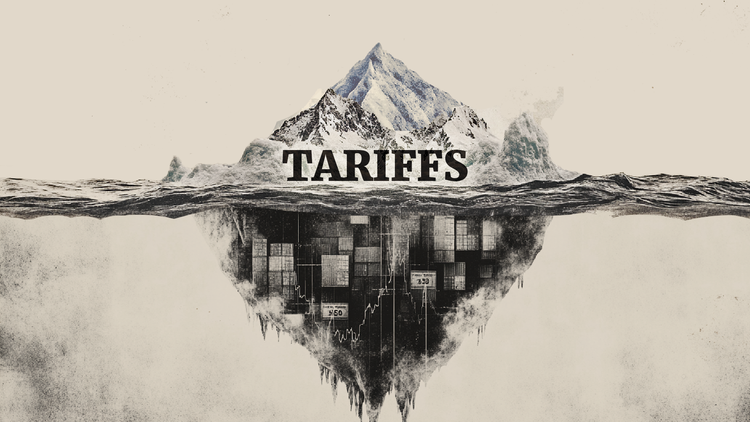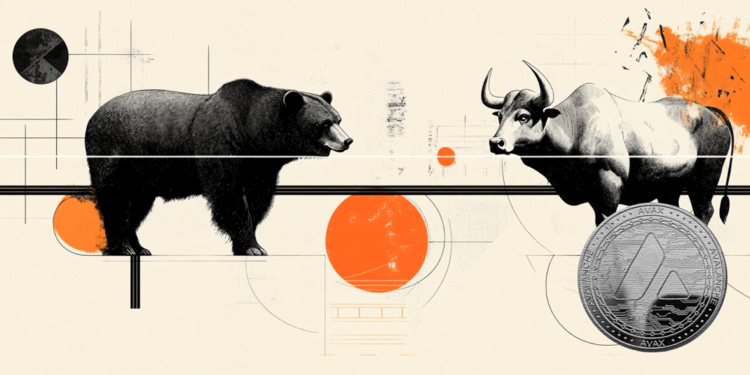O Ibovespa closed down 0.35%, at 111,203.45 points, after alternating high and low several times in the session, as the uncertainties surrounding the conflict in Ukraine increase the volatility of global markets.
Vale and other securities linked to metallic commodities led losses, while Petrobras and airlines made a counterpoint.
already the dollar closed the day with a slight decrease of 0.50%, at R$5.053, with investors reflecting some relief abroad from mid-afternoon onwards while the news about the war in Ukraine remained in focus.
The US currency rose 0.44% in the morning, to R$ 5.102, staying close to that level for some time, after rehearsing low. After 2 pm, however, sales emerged significantly, dropping the price to a minimum of R$ 5.045 (a drop of 0.68%), around 3 pm.
The currency’s move followed the euro’s rally and a rally in equities, which have been suffering from the unfolding war in eastern Europe. The ruble – a thermometer of the crisis – jumped almost 10% against the dollar.
Petroleum
This Tuesday, Brent crude, which had shot up 8.07% earlier, reduced the gain at the close to 3.87%, after the announcement of ban on import of Russian commodity by the United States and across the UKwhich should increase the supply shock of the product in the coming days.
On the New York Mercantile Exchange (Nymex), a barrel of WTI oil due for delivery in April closed up 3.60% (US$ 4.30), at US$ 123.70, the highest level in 14 years. Meanwhile, Brent for May rose 3.87% ($4.77) on the Intercontinental Exchange (ICE) at $127.98.
You prices have been climbing since the Russia invaded Ukraine. Analysts believe the recent frenzy may be just the beginning, as warnings of $200 a barrel begin to spread across the market.
The commodity price has reached its highest level since 2008 on Monday (7), when western countries began to consider an embargo on oil from Russiathe second largest exporter in the world.
The main factor for the increase is the mismatch between supply and demand for the commodity, with the main producers, meeting in OPEC+, still not resuming pre-pandemic production levels, and the situation was intensified with the tensions in europe.
The high represents a potential for fuel prices to advance around the world, including Brazil.
Although, speeches by President Jair Bolsonaro, criticizing the state-owned company’s pricing policy, generated fears in the market about a possible intervention in the company. One possibility is the creation of a temporary subsidy for prices.
Congress should also review projects that seek to reduce fuel prices or avoid new highs through measures such as tax cuts and the creation of a stabilization fund.
The market fears that the measures will end up impacting public accounts and generating a high fiscal risk, which would reduce investor confidence and make the dollar rise due to the outflow of investments.
commodities
Still as a consequence of the Russian invasion of Ukraine, there is a rise in the prices of other commodities, mainly those linked to Russia and Ukraine, corn, wheat, in addition to oil.
Wheat rose by 7% on Monday, and accumulates appreciation of 75% in the year. According to Necton, the appreciation of the real may reduce this increase to close to 55%.
At the same time, the situation in Ukraine may impact the real benefits of a cycle of investment migration to markets linked to commodities and seen as cheap, like Brazil.
The domestic market has also benefited from high interest rates, which limits the effects of bets on an aggressive interest rate policy for the Federal Reserve.
The cycle was linked, in part, to expectations of more pro-growth measures in China that are raising hopes of a recovery in demand for metals, which has led to higher prices, reinforced by the crisis in Ukraine.
On the other hand, interventions by the Chinese government in the market have generated downward pressures, in an ups and downs in prices.
Investors’ focus remains on the war in Ukraine and its aftermath. In a speech made by videoconference to the UK Parliament this tuesday, Zelensky said that the Ukrainians won’t give up and won’t lose the war. It was the first time that a president of another country had addressed British parliamentarians. Prime Minister Boris Johnson was present at the session.
On Monday, the president of Ukraine also made a call for the imposition of new sanctions rallies against Russia for its invasion of Ukraine as Russian forces try to take the Ukrainian capital Kiev.
Countries that support Ukraine have already said they must implement new sanctions against Russia, which has seen its currency, the ruble, plummet and reach a historic low.
The VIX, called the “fear index” for trying to measure the degree of volatility in the market, dropped to around 35 points around 5 pm, after reaching its highest level since September 2020.
Source: CNN Brasil
I am Sophia william, author of World Stock Market. I have a degree in journalism from the University of Missouri and I have worked as a reporter for several news websites. I have a passion for writing and informing people about the latest news and events happening in the world. I strive to be accurate and unbiased in my reporting, and I hope to provide readers with valuable information that they can use to make informed decisions.

